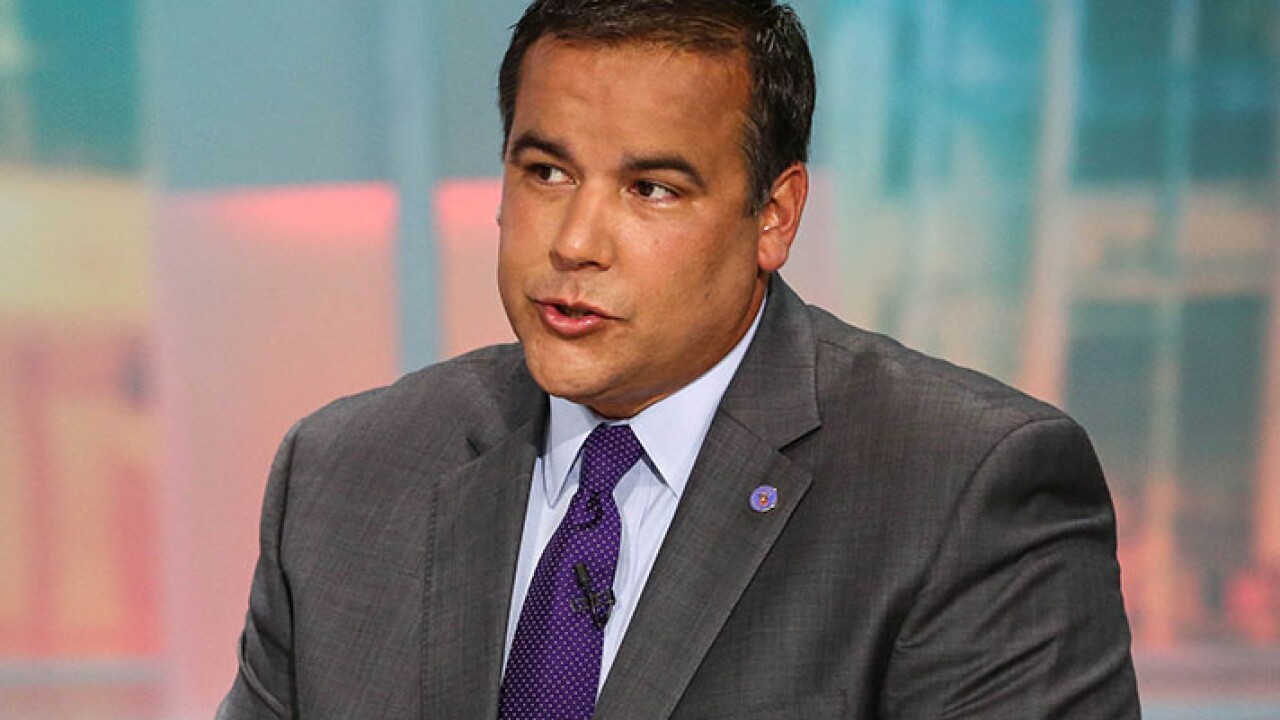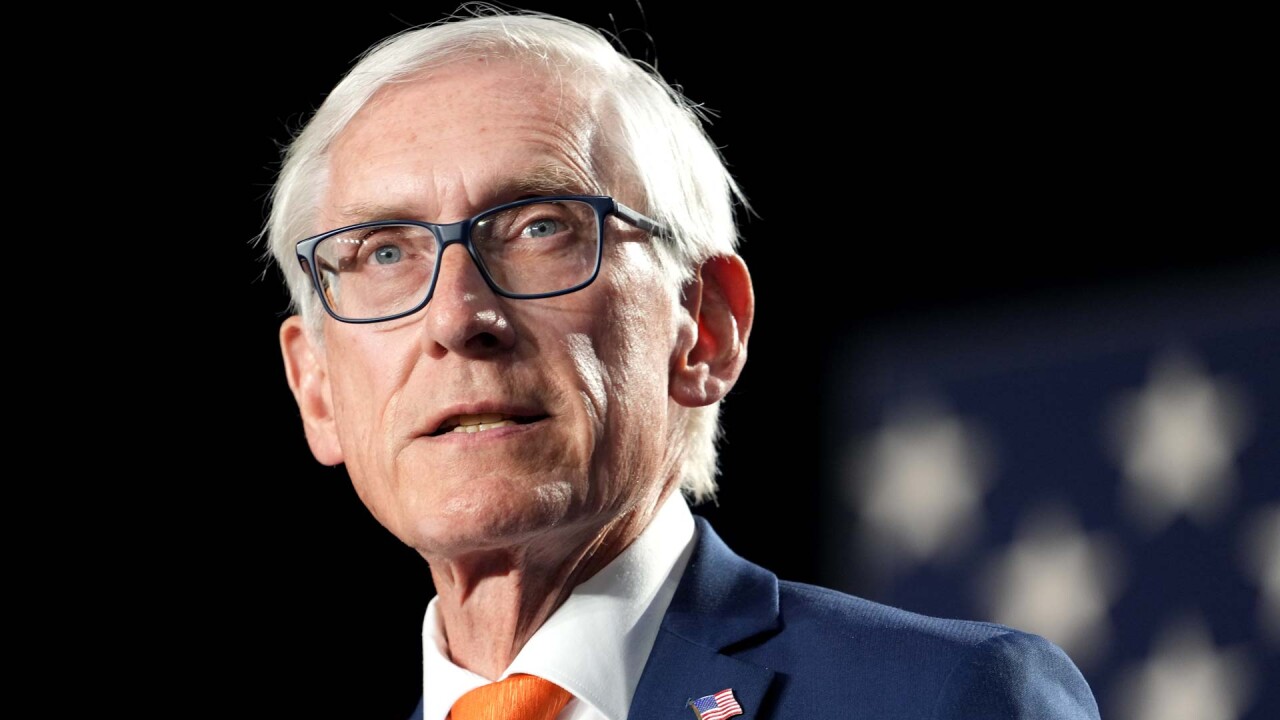SAN FRANCISCO - The borrowing elements in a California budget deal that could be voted on this weekend are largely the same as those proposed by Gov. Arnold Schwarzenegger in January, an administration spokesman said.
The governor and party leaders from both chambers of the Legislature have been working for weeks on a package to solve the state's $40 billion-plus general fund shortfall for the current and following fiscal years combined.
The negotiators this week achieved the "framework" on a spending-cut and tax-increase budget, according to Senate president pro tempore Darrell Steinberg, D-Sacramento.
That framework incorporates the major borrowing plans the governor incorporated into his budget proposal in January, said Schwarzenegger spokesman H.D. Palmer.
"There's not a lot of difference," he said. California would issue $5 billion in bonds in fiscal 2010 to securitize revenues from the state lottery - if voters approve the plan in a special election this year.
The other major debt initiative in the governor's plan is to borrow about $4.6 billion in July using revenue anticipation warrants that would be retired in June 2011.
That plan remains part of the budget framework, though its size may be altered depending on the state's cash requirements and ability to get federal stimulus funds, Palmer said.
Staffers were busy Wednesday and yesterday trying to put the framework agreement into legislation. The governor and the four party leaders from the Senate and Assembly were scheduled to meet again yesterday afternoon to review those efforts, Palmer said.
The Assembly has scheduled a session Saturday to vote on the package. No Senate vote is scheduled yet.
The agreement includes temporary increases in income taxes, sales taxes, and property taxes on motor vehicles, and cuts to K-12 and higher education, welfare benefits, and disability payments, according to published reports citing anonymous sources.
The deal also includes a ballot measure that would create a general fund spending limit with a new rainy-day fund - also requiring voter approval.
Despite announcing an agreement this week, none of the so-called "big five" negotiators promised enough votes to pass a budget bill. That requires two-thirds votes in each house, meaning several members of the Republican minority would have to go against their party's no-tax-hike dogma.
Palmer said the framework agreement would provide the state with the realistic, believable budget it needs to restart hundreds of public works projects that have been stalled to conserve funds.
Because of the ongoing budget crisis, the state treasurer's office has not issued new general obligation bonds for more than seven months, drying up the flow of money into bond-financed public works programs.
"The treasurer has indicated, and we have no disagreement with him, that it would be difficult to re-enter the credit market until we have this entire $41.2 billion budget gap behind us and in the rear-view mirror," Palmer said.
"I think it would be prudent to reserve assessment until the Legislature and governor adopt a budget," Tom Dresslar, spokesman for Treasurer Bill Lockyer, said yesterday. "The best thing to say at this point is we'd hope for a budget that would allow us to get the infrastructure financing system up to speed as soon as possible."
The state's Pooled Money Investment Board, which provides the interim financing for bond-financed projects until the bonds are issued, is scheduled to meet Wednesday.





